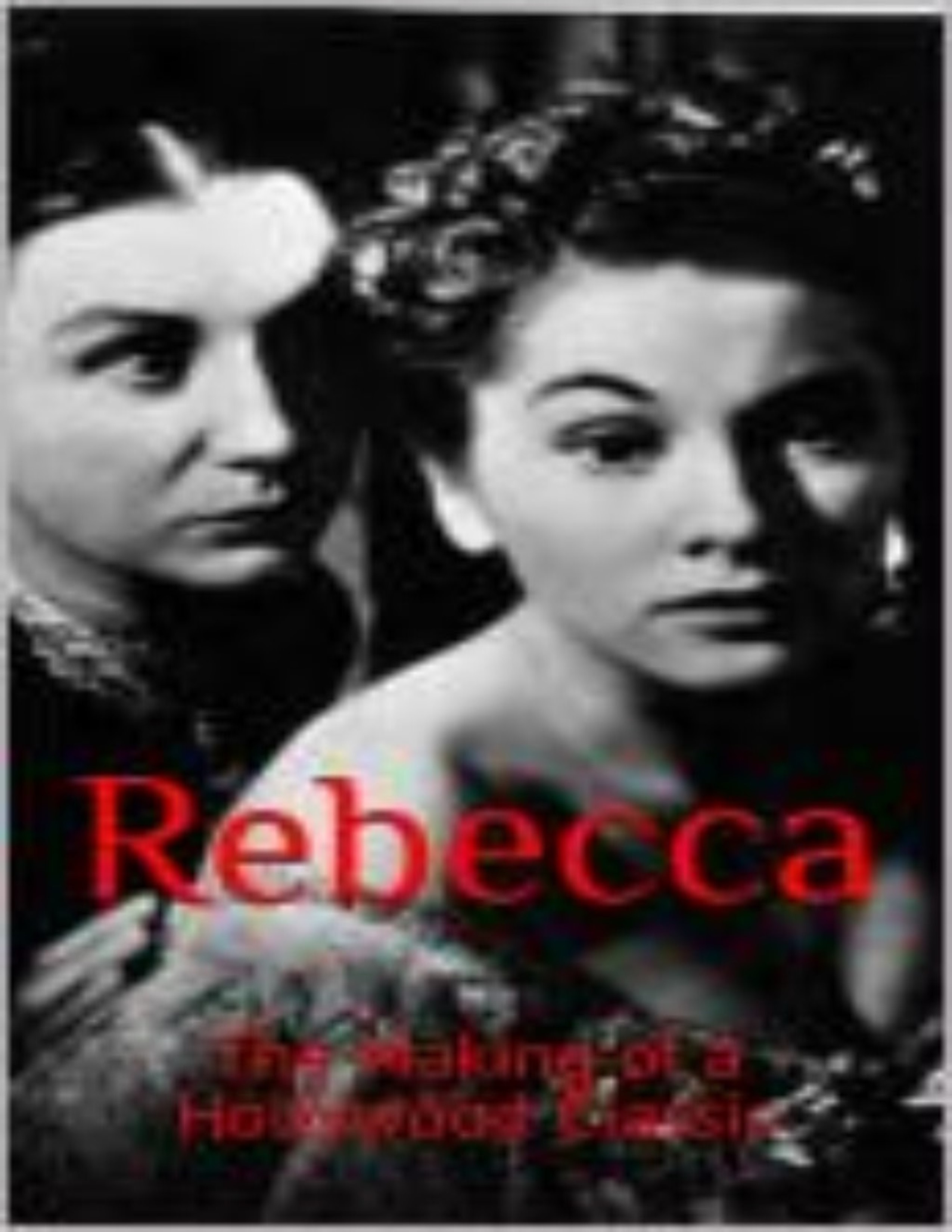What do you think?
Rate this book


109 pages, Kindle Edition
First published September 23, 2013
I found this book somewhat interesting for some of the insights into the selection of the cast and the personalities of Hitchcock and Selznick. The movie was made so long ago, however, that few people, including myself, recall much about the once-famous names who were involved. I am almost 70 but even I was born after the making of the movie version of Rebecca. In fact, as this book mentions, Hollywood is considering a remake of the movie. I did not learn enough from this book to rate it very highly. If the author has insider information about the making of the movie, the book does not reflect much of that information. In fairness to the author, I will quote a few noteworthy parts:
One of several coincidences: Rebecca was what some consider the quintessential gothic novel, Charlotte Brontё’s Jane Eyre. Film adaptations of both novels would star Joan Fontaine in two of the actress’s most memorable roles.
The mistreatment of actresses by Hitchcock: Hitchcock appeared to use manipulation to extract what he wanted from Fontaine, playing on her natural insecurities and vulnerabilities. He created the impression that the other principal cast members disliked her. . . . The ill treatment Fontaine claimed to get from Hitchcock was not limited to her. He had a habit of isolating certain leading ladies whom he would manipulate and try to control. The most extreme examples of this behavior would be the claims Tippi Hedren would make decades later
An outrageous comment by Joan Fontaine’s mother at the red-carpet grand opening of the film: What was probably the most memorable red carpet moment of the evening was when Lilian was being interviewed by columnist Louella Parsons and made a comment concerning her daughter’s sincerity, remarking on how much more believable Fontaine seemed on screen than in real life.
The casting for various radio theater productions of Rebecca after the film was released: There were several radio productions including an episode of The Screen Actor Guild Theater which starred Joan Fontaine with her then husband Brian Aherne in 1943. . . . Another Lux Radio Theater production in 1950, more than a decade after the film was made, starred now husband and wife Sir Laurence Olivier and Vivien Leigh (Lady Olivier). This must have been little consolation for the couple, who had wanted so much to star together in the motion picture.